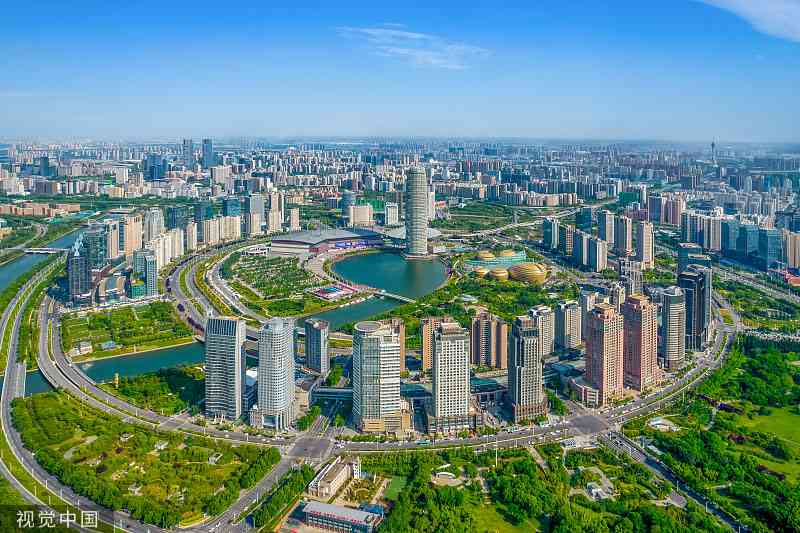
IN my previous article in the Zimbabwe Independent, I discussed about the need for citizens to embrace individual responsibility, and that success emerges out of personal determination.
In this installment I shall attempt to share on how new ideas can change for the better, the quality of life that our people live.
Steven Landsburg, the Professor of Economics at the University of Rochester once shared his perspectives on addressing poverty and inequities.
He asserted that, in every historical instance, substantial progress against poverty has been a side-effect of the general economic growth in a given country. According to him, nothing else has ever worked.
I do not think this is just an ideological statement, but it is a fact. Growth is fostered by capitalism and good policies that promote capitalism, such as good taxes, functioning markets, and free trade.
It is therefore worth noting that one of the primary causes of poverty is insufficient capitalism.
I had an opportunity to interact with Professor Yaomin, the vice chairperson of the University Council of Renmin University of China during the 2019 Global Poverty Reduction and Economic Development Forum.
He addressed me on China's development path and its initiatives on ending poverty using methods that are suitable to China's national conditions.
- The brains behind Matavire’s immortalisation
- ‘Inflation could shoot to 700% by April next year’
- Red Cross work remembered
- All set for inaugural job fair
Keep Reading
Knowing well that millions of the globe live in abject poverty including millions in my own country, I developed a keen interest to appreciate how China has managed to reduce poverty particularly in rural communities.
Poverty reduction has become a topical issue globally, causing great concern, especially to developing countries which continue to be at the periphery of global decision making frameworks.
Professor Yaomin's viewpoint was that, while many developing nations have not yet found solutions to deal with poverty reduction, China avails itself as a reliable partner to assist those countries.
China and Africa share an ideological position of contesting western imperial and colonial domination and given such reality, the foundation for Africa-China relationship is constantly being consolidated, he said.
The unbalanced development between rural and urban areas in China called for precise measures to address the imbalance. According to the 2016 records of the Remimn University of China, 16,6million Chinese are still living in abject poverty.
Despite the fact that China is such a huge and fast growing economy, it faces challenges of extreme poverty in some quarters of its population.
In 2018, China’s Gross Domestic Product (GDP) was 175 times more than what it was in 1952 at constant prices. In the same year, its GDP reached US$13,6 trillion ranking the second largest economy and accounting for 15,9% of the World's economy, also in the same year contributing 28% of the world's GDP growth.
Under the circumstances, Yaomin believes that, for China, Central Planning is the best way in ensuring that every citizen is not left behind.
It was quite awakening to me when I started discussing China's targeted poverty alleviation programme with Professor Lunyu Xie, again of the Renmin University of China.
Professor Xie said the gap between the rural and urban areas is caused by differences in provision of public services, which include social insurance, subsistence allowance, education and healthcare, and hence the need for targeted poverty alleviation.
In the Chinese model, central government designs the policies and coordinates funding and resources. Provincial governments manages and supervises all developmental projects.
On the other hand, cities and counties will then take the responsibility to carry out the plans. Village working teams are formed for the intended targeted poverty alleviation programme.
In terms of my assessment, having spoken to the two Professors who were quite willing to share knowledge, targeted poverty alleviation:
Is an important tool for reformation and institutional innovation;
Can coordinate development across all provinces, cities, districts and our wards;
Emphasises on precise identification and matching policies to the demand of the poor;
Can coordinate with green development and achieve mutual reinforcement;
And can be used as an anti- recession tool during economic downward trend.
Wang Sangui took me to Henan Province to appreciate the circumstances under which the poor in China lived in the past and their current living conditions.
I wanted to understand how a country, which has managed to lift 300 million people from poverty in a period of 30 years is still facing challenges of fighting poverty.
He mentioned that disability, lack of technology, inadequate capital for start-ups, lack of education and chronic diseases are some of the causes of poverty.
In China, precision poverty alleviation targets every poor household and individuals through accurate identification, assistance, management and assessment.
The Chinese government no longer targets poverty stricken provinces or regions but instead concentrates on poor individuals and households hence the name “targeted poverty alleviation”.
The global leaders at the World Summit for Social Development described poverty alleviation as an ethical, political and economic imperative.
They went further to define poverty as deprivation and lack of economic and social participation. The United Nations (UN) Agenda 2063 and the Africa Union (AU) Agenda 2030 aspire to end all forms of poverty.
But I doubt if poverty can be eradicated in this millennium, I think it can only be reduced. The increasing natural calamities, such as diseases and cyclones present other challenges in the fight against poverty.
The battle against poverty remains high on the agenda of most of Africa's developing nations. China’s experiences and challenges in dealing with poverty are worth taking a leaf from.
Africa continues to face a myriad of challenges. Africa's share in trade is very low, diversification into dynamic exports is taking place in some regions but modestly in Africa.
Africa still needs to build the capacity to supply competitively. Trade between African nations is very low. On investment and financial flows, Africa remains marginalised with only 2% of global financial flows and participating mainly through Official Development Assistance (ODA). The sad story is that ODA is stagnant and declining.
Around 1,2 billion people are living on less than US$1 per day.
After my visit to the Province of Henan, I realised that we can address some of the challenges the poor continues to face here in Africa by:
Fostering a culture of inclusivity and shared growth in our national budgets; and formulating pro-poor policies and the policies must be sensitive to vulnerable groups of our society, such as the disabled, children, women, the elderly and orphans;
Developing a monetary system, which is Pan-African and suitable for the national conditions of African countries. This new monetary system should support the actualisation of the Africa Continental Free Trade Agreement. African nations need a different medium of exchange to maximise trading among themselves and reduce the demand for the American dollar, which is controlled by the United States government through the Bretton Woods institutions;
Strengthening innovation capabilities of our agricultural systems in order to successfully address productivity and reduce poverty;
Making markets more accessible to the poor and building their capacity to compete;
Health and education build resilience among the poor to fight poverty. We must improve people's access to these public goods by strengthening health and education institutions;
Providing basic telephone services in poor communities would improve access to information;
And making our devolution work. Allowing districts to identify the poor and provide programmes that target individuals and households.
We have an opportunity in the agricultural sector to do more in order to transform lives. It is estimated that 60% of our population live in rural areas and they depend on small holder agriculture for self sustenance.
We must do more to strengthen the existing indigenous knowledge systems and to acquire new knowledge to improve rural agriculture and ultimately improve livelihoods, again allowing the poor to help themselves.
- Nyashanu writes in his personal capacity. — 0772989148.







